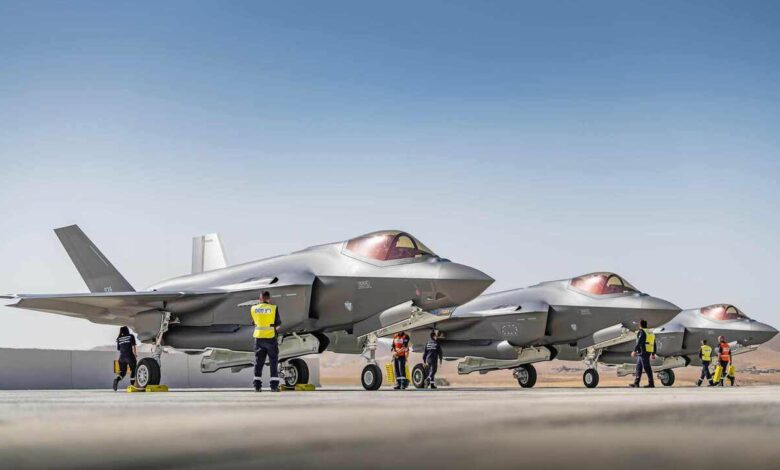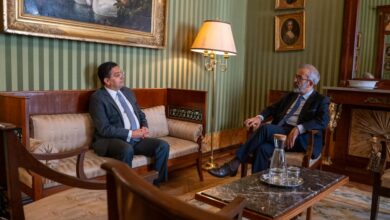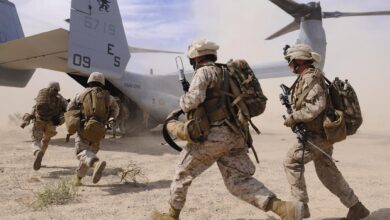Times Aerospace: Morocco Poised to Join the Ranks of Major Air Powers Through Historic F-35 Deal
Times Aerospace: Morocco Poised to Join the Ranks of Major Air Powers Through Historic F-35 Deal

ALDAR/
Western sources have revealed to Times Aerospace that the Kingdom of Morocco is in the final stages of securing an advanced deal to acquire American F-35A stealth fighter jets, along with two next-generation reconnaissance aircraft that utilize cutting-edge technology jointly developed by the United States and Israel.
According to the same source, Morocco is set to become the first Arab and African country to obtain this highly advanced fighter jet—considered one of the most superior aircraft in the world in terms of stealth, strike precision, and electronic warfare capabilities.
This deal—described as “historic” for the Royal Moroccan Air Force—fits into a broader strategic vision to modernize the country’s defense systems and keep pace with rapid developments in the military and technological domains. The F-35A represents a significant leap in air force capability, offering unmatched air superiority and multi-role combat performance, including ground attack, air defense, reconnaissance, and even cyber warfare.
The deal does not involve the U.S. alone. The report notes that the two reconnaissance aircraft expected to be added to Morocco’s fleet are partially based on high-precision Israeli technologies, highlighting the depth of security and technological cooperation between Rabat and Tel Aviv amid new and rapidly evolving regional alliances following the normalization agreements.
This Moroccan air force modernization aligns with the kingdom’s ambition to strengthen its position as an emerging regional military power, especially amid a complex geopolitical landscape and growing security challenges across the Sahel and Sahara regions.
The F-35A, manufactured by American defense giant Lockheed Martin, boasts remarkable stealth capabilities, enabling it to operate effectively in hostile environments. It features an advanced command and control system powered by artificial intelligence and real-time data processing. The jet was designed to be the cornerstone of the U.S. Air Force and is used by a select group of the world’s most advanced militaries.
Should the deal be finalized, it would mark a qualitative shift in Morocco’s defense doctrine and could open the door to establishing high-tech, domestic military industries in the medium term. This aligns with Rabat’s long-standing ambition to localize defense manufacturing and position it as a new driver of the national economy.
This deal cannot be viewed in isolation from broader regional and international contexts—it carries clear messages to regional players, particularly amid rising geopolitical tensions. It also underscores the growing American trust in its Moroccan ally, backed by longstanding military ties and close intelligence cooperation between Washington and Rabat.
Moreover, the move may be interpreted as a signal of emerging power balances in the region, especially in light of the Moroccan-Israeli alliance, which has taken on practical dimensions since the Abraham Accords.
Observers note that if Morocco officially acquires the F-35A, it would place the kingdom on a new level within the global air power hierarchy. It would significantly boost the Moroccan military’s readiness to address current and future security threats, reinforcing the country’s role as a regional player with advanced defensive capabilities and increasing recognition from major world powers.





